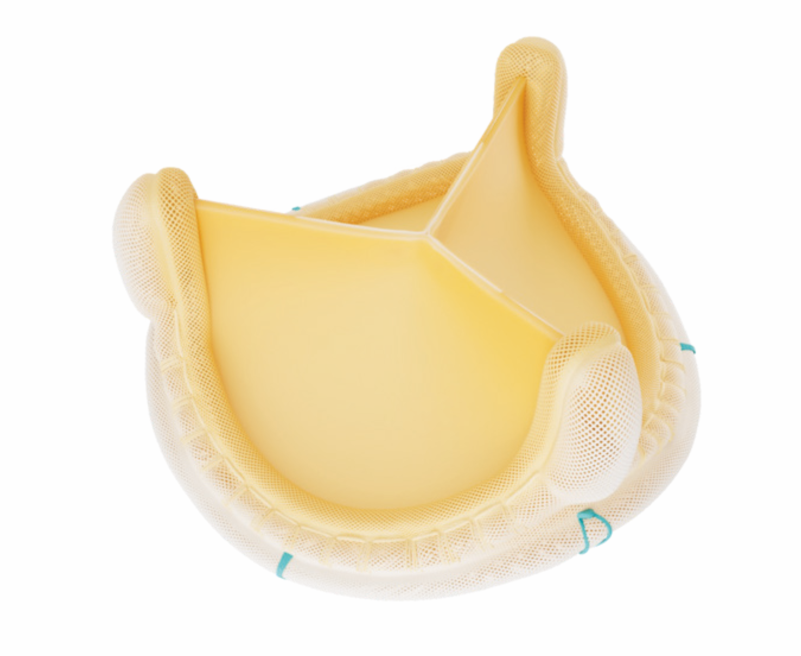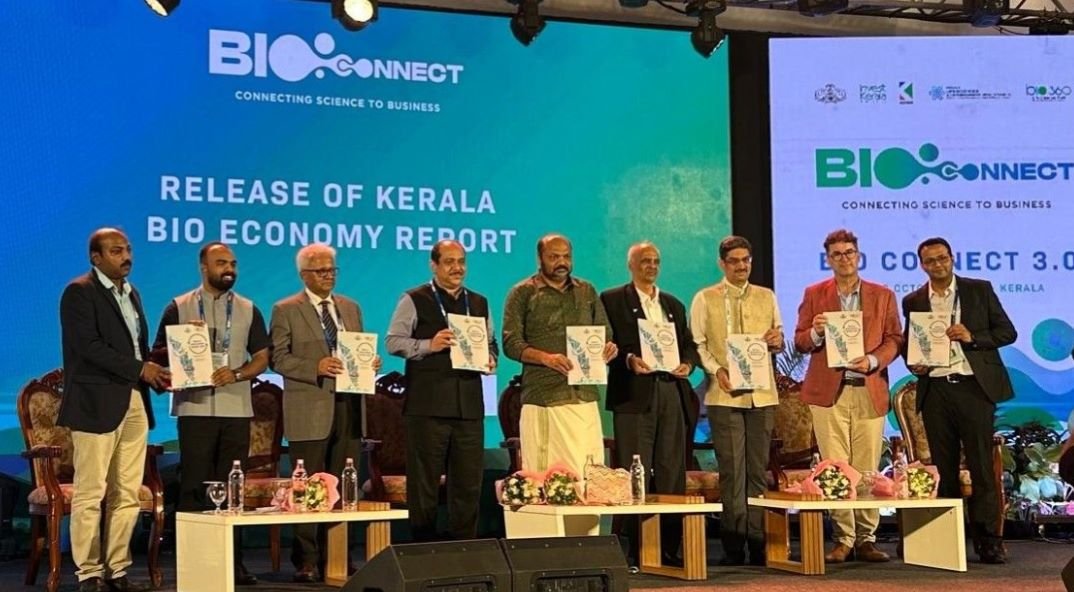World-class infrastructure aids research pursuits
August 05, 2010 | Thursday | News
1
Jaypee University of Information Technology
Department of Biotechnology and Bioinformatics

Name of the Department: Department of Biotechnology & Bioinformatics
Courses: BTech in biotechnology & bioinformatics, and integrated MTech in biotechnology
Coordinator: Dr RS Chauhan
Address: Waknaghat, Dumehar, Kandaghat, Solan-173215, Himachal Pradesh
Tel: +91-1792-239231
Fax: +91-1792-245362
Email: rajinder.chauhan@juit.ac.in
Website: http://www.juit.ac.in/bio/bio.php
By strengthening its specialized centers for research and by improving
its world-class infrastructure, Jaypee has become the No.1 private biotech school in India
The Department of Biotechnology at Jaypee University of Information Technology (JUIT) offers four-year BTech programs in
biotechnology and bioinformatics, a five-year MTech program in biotechnology, and a six-year dual degree BPharm-MPharm
course.
JUIT has been running post-graduate programs in biotechnology, bioinformatics and pharmacy-the three main
pillars of bio-based industries-that provide a rare opportunity to faculties and students to learn with broad
horizons and do projects in a holistic and conclusive manner. JUIT intends to strengthen research infrastructure
in order to expose students to world-class research and also to provide them with hands-on training using
latest technologies.
The biotech department receives about 4,000 applications every year for the 90 seats it offers. The department is
equipped with 12-15 labs providing practical training in various areas of biotechnology. The bioinformatics curriculum
includes courses on algorithm design, machine learning, computational high throughput screening and drug designing,
bioprograming and scripting languages.
Last year, JUIT has achieved several milestones in education and research. The Department of Biotechnology &
Bioinformatics has got the Institutional Program Support for establishing the Centers of Excellence and Innovation
in Biotechnology and funding to the tune of

8 crore was allotted jointly by the Department of Biotechnology,
Government of India, and the Jaypee University. The center would be the first-of-its-kind in India, setup
exclusively with modern research facilities to pursue advanced research in genomics, proteomics, metabolomics and
bioinformatics of high value medicinal plants. The overall goal of this center would be to elucidate the missing
links in the biosynthetic pathways of major chemical constituents of medicinal herbs so as to develop gene markers
for the identification, cataloguing and conservation of genetically superior strains of high-value herbs in
the north-western Himalayas.
So far, the faculties of the biotech department were awarded with R&D projects worth

4 crore from different
funding agencies such as the DBT, DST, ICMR and DRDO. Three patents were filed last year. A new specialized center
of research, 'Center of Genomics and Bimolecular Engineering,' at JUIT, will aim to strengthen modern
areas of biotechnology such as metabolic engineering, synthetic biology and computational systems biology.
“Our curriculum enriches knowledge and skills of students�
INTERVIEW
 - Dr RS Chauhan
- Dr RS Chauhan, head, Department of Biotechnology and
Bioinformatics, JUIT
Q How do you promote the academia-industry relationship at JUIT?
The interaction between academia and industry is crucial, especially in the changing global employment scenarios. Industry
has been raising concerns over the disproportion in the total engineering/science graduates passing out and their probability
of getting recruited by companies. This problem can be tackled through interactions between industry and academia, so that
intellectual and infrastructural resources of each can complement in bringing out best products and processes of practical
value. Jaypee University of Information Technology (JUIT) has initiated several programs to interact with the industry,
which include compulsory summer industrial training for students, regular scientific interactions with the industry personnel
so as to prioritize our research programs, and to get support from the industry for our R&D activities. All these
initiatives have been implemented to open up our students to real world problems.
Q What are the
strengths of biotech courses offered at JUIT?
JUIT has implemented biotech curriculum with a strong engineering base, which includes courses in electronics and
communication, computer science and IT, materials science, and biomathematics, in addition to core courses in biotechnology.
The curriculum enriches the knowledge and skills of students so that they can excel not only in biotech but also in other
emerging branches such as nanobiotech and biomedical engineering.
A distinctive feature of our BTech curriculum is the project work in last two semesters wherein the students are
asked to come up with a research problem aimed at addressing unanswered questions in any area of biological sciences or
any other branch of science and technology. The biotech department has introduced an innovative system of elective
modules to the final year students wherein the students are given a choice of choosing modules to strengthen
their knowledge and skill profile in a particular technology. The elective module system complements the theoretical
knowledge of students related to their project work. In addition to undergraduate programs, the JUIT runs PhD program
in biotech, bioinformatics and pharmacy with a provision of teaching assistantship of `15,000 per month to scholars
analogous to American Universities so that the students get an opportunity to conduct labs while pursuing their research.
Q What are your
views on the need for regulation of private biotech institutes?
I would be very happy to have stringent regulations on quality of education not only in private biotech institutes, but also in
government institutes as well. Barring a handful of universities/institutes in India, the biotech educational programs are
run without adequate and appropriate infrastructure, thereby resulting in grossly under-qualified and under-trained manpower.
Most of the educational institutes, both private and government, are producing graduates who are more of bench workers rather
than thinkers or planners. Biotech or any other branch of science or engineering requires expertise at both these levels
with sufficient academic competence and vision to identify a problem and design a strategy to solve it. We at the JUIT are
training and producing BTech/MTech graduates who are more of thinkers and planners.

“JUIT provides a pleasant environment that is conducive to the holistic growth of an individual. The
college focuses on the overall development of an individual for a promising career growth�
-
Sonali Singh, final year student of integrated MTech in biotech, JUIT
Rahul Koul in New Delhi



 8 crore was allotted jointly by the Department of Biotechnology,
Government of India, and the Jaypee University. The center would be the first-of-its-kind in India, setup
exclusively with modern research facilities to pursue advanced research in genomics, proteomics, metabolomics and
bioinformatics of high value medicinal plants. The overall goal of this center would be to elucidate the missing
links in the biosynthetic pathways of major chemical constituents of medicinal herbs so as to develop gene markers
for the identification, cataloguing and conservation of genetically superior strains of high-value herbs in
the north-western Himalayas.
8 crore was allotted jointly by the Department of Biotechnology,
Government of India, and the Jaypee University. The center would be the first-of-its-kind in India, setup
exclusively with modern research facilities to pursue advanced research in genomics, proteomics, metabolomics and
bioinformatics of high value medicinal plants. The overall goal of this center would be to elucidate the missing
links in the biosynthetic pathways of major chemical constituents of medicinal herbs so as to develop gene markers
for the identification, cataloguing and conservation of genetically superior strains of high-value herbs in
the north-western Himalayas.  - Dr RS Chauhan
- Dr RS Chauhan “JUIT provides a pleasant environment that is conducive to the holistic growth of an individual. The
college focuses on the overall development of an individual for a promising career growth�
“JUIT provides a pleasant environment that is conducive to the holistic growth of an individual. The
college focuses on the overall development of an individual for a promising career growth�





